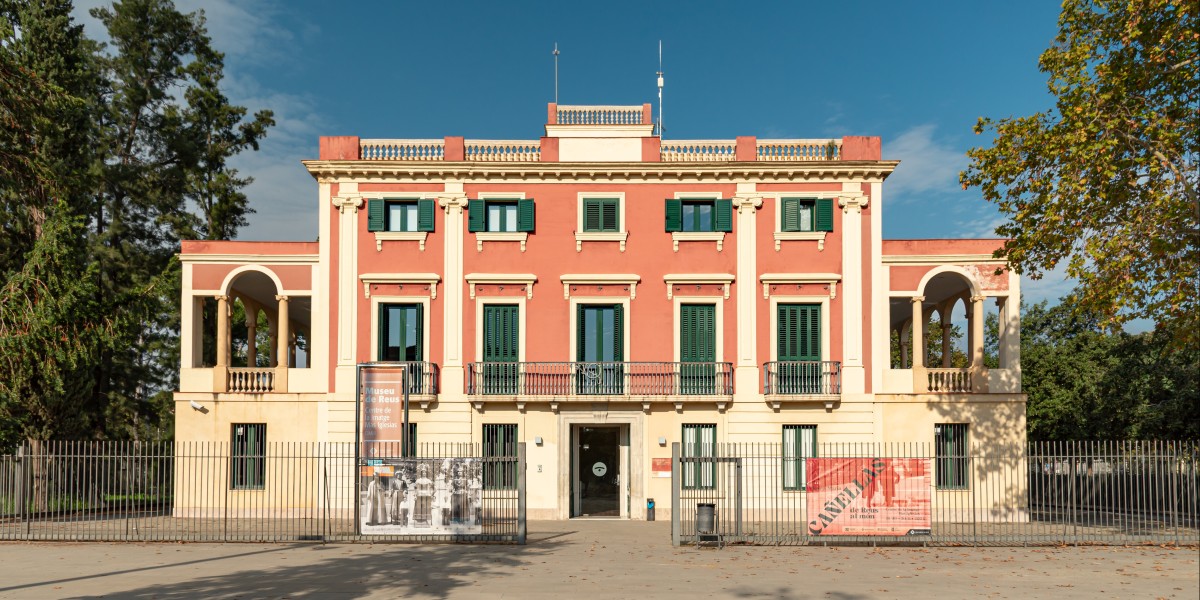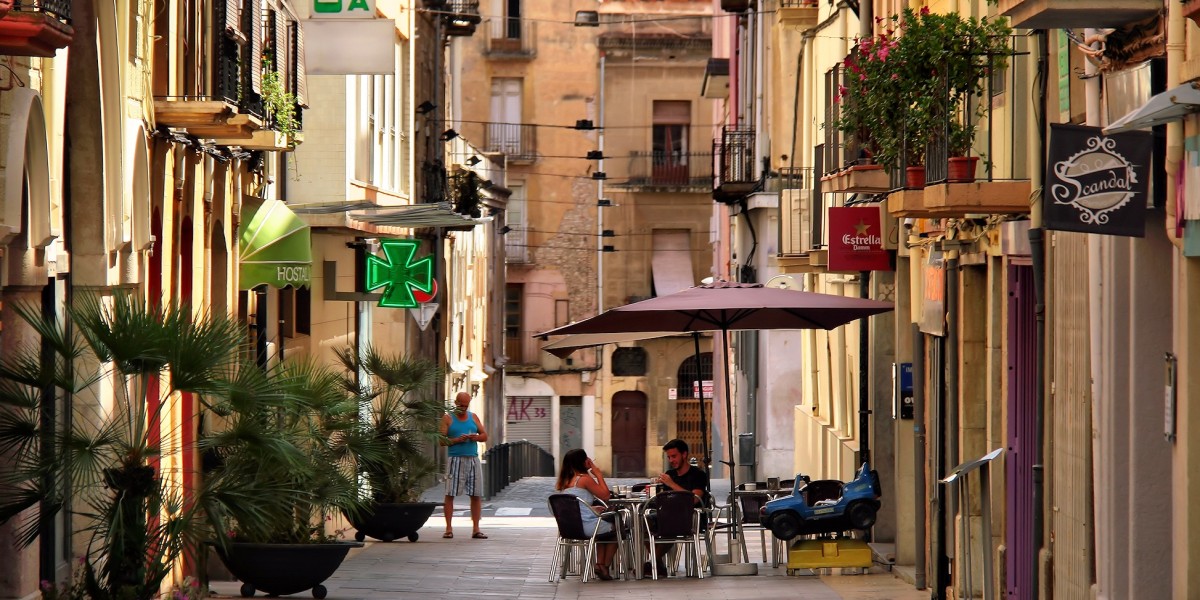
Tucked just inland from the golden sands of the Costa Dorada, Reus is one of those Catalan towns that quietly wins people over. With just over 100,000 residents, it is known for its rich Modernist architecture, lively street life, and that unmistakably local feel. Reus offers an alternative to the coastal bustle of Tarragona and the urban swirl of Barcelona.
Many come here expecting a sleepy provincial stopover, but end up staying for the growing food scene, strong sense of community, and those charming morning markets that seem to slow time a little. If you’re considering living in Reus, expect afternoons sipping local vermouth and admiring the historic buildings in this underrated corner of Catalonia.
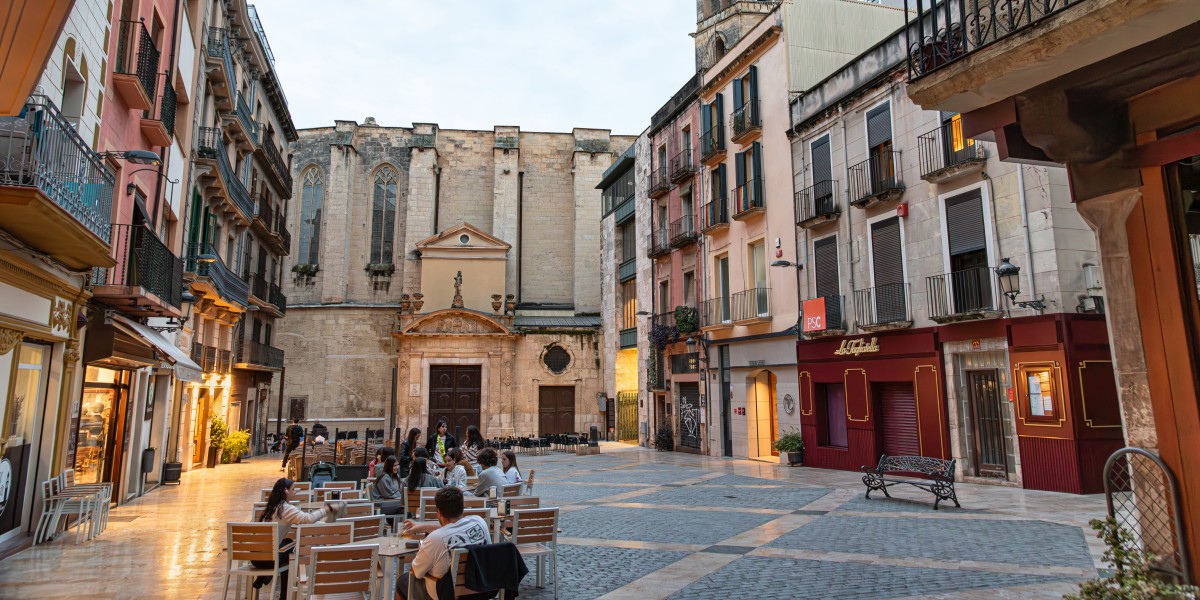
Is Reus a good place to live?
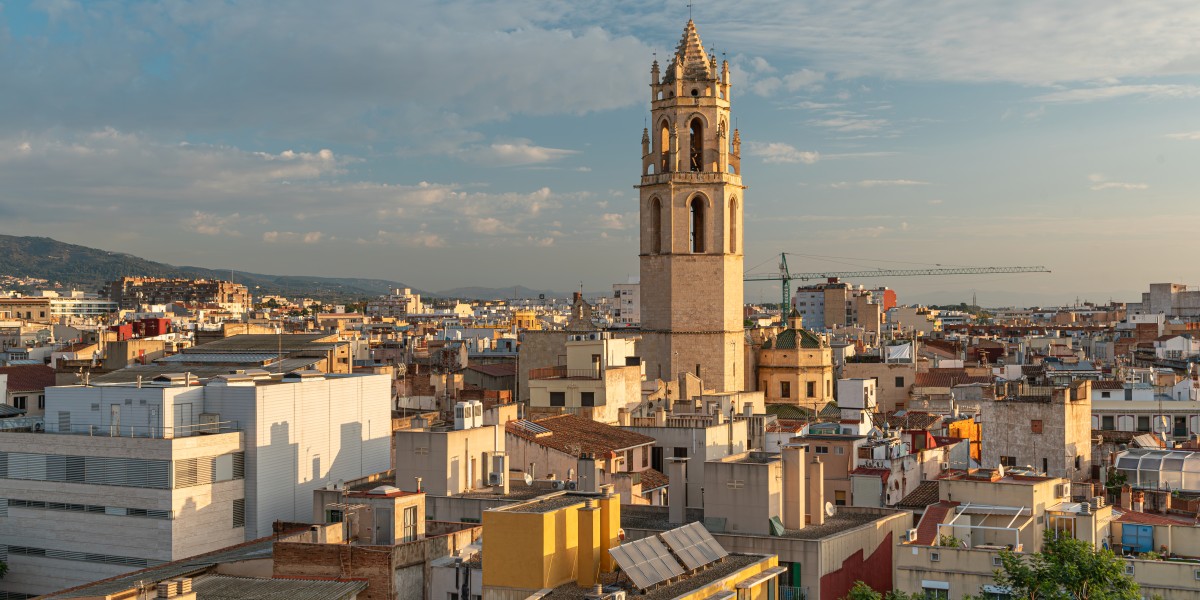
If you’re after a slice of authentic Catalonia that’s not overrun by tourists, Reus is an underrated gem that might just surprise you. Nestled just inland from the seaside town of Tarragona, Reus is the birthplace of the legendary architect Antoni Gaudí. It has long been an important producer of wine and vermouth; therefore home to plenty of local tipples.
What really stands out about living in Reus is its welcoming, down-to-earth community. There’s a real local vibe—you’ll quickly find yourself exchanging waves with your neighbourhood café owner and picking up bits of Catalan in the bustling markets.
If you’re looking for property in Reus, the town offers more for your money compared to bigger cities. Although the demand for homes is on the up, as Reus was the second most sought-after town in Catalonia. The town has a lovely mix of historic flats and newer apartments scattered around leafy streets.
Is there much to do in Reus?
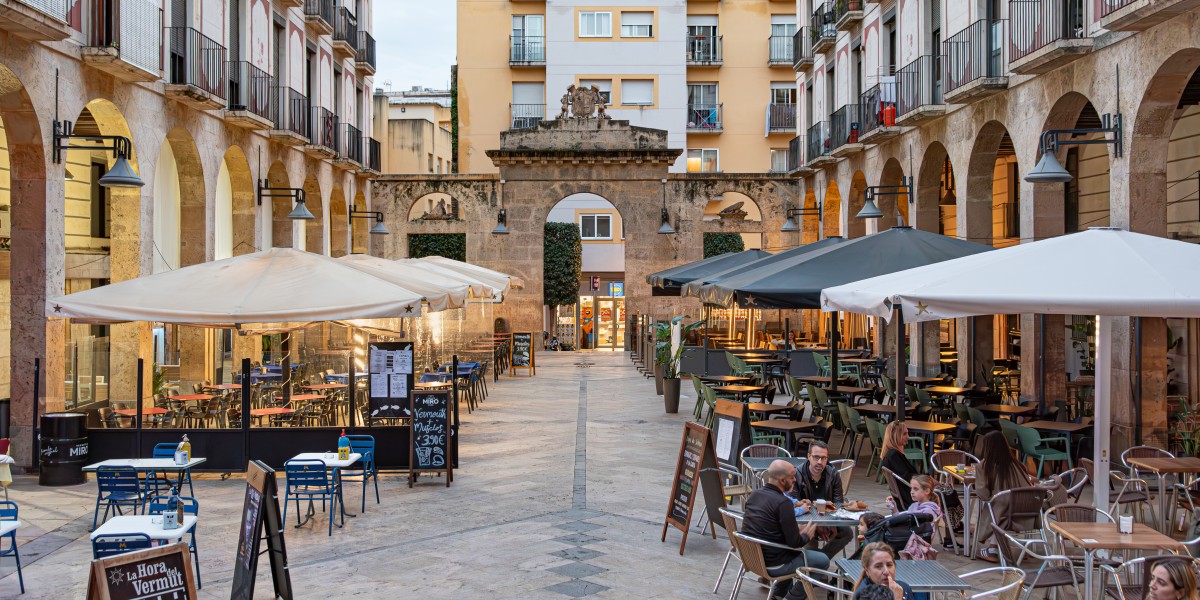
You’ll soon run out of weekends before you run out of things to try. The heart of Reus is its rich cultural life. Start with the stunning Gaudí Centre and spend your afternoons exploring the local art galleries. Then, head out in the evening to check out the thriving theatre scene, with a performance at Fortuny Theatre, Bartrina Theatre or one of the smaller playhouses.
There’s a fantastic food culture, with weekly fresh markets, legendary sweet shops, and vermut tasting - a regional favourite. Lively festivals take place all year round, from street music events, wine and vermouth festivals, to the annual Fiesta Mayor that takes over the city each summer.
Cost of living in Reus
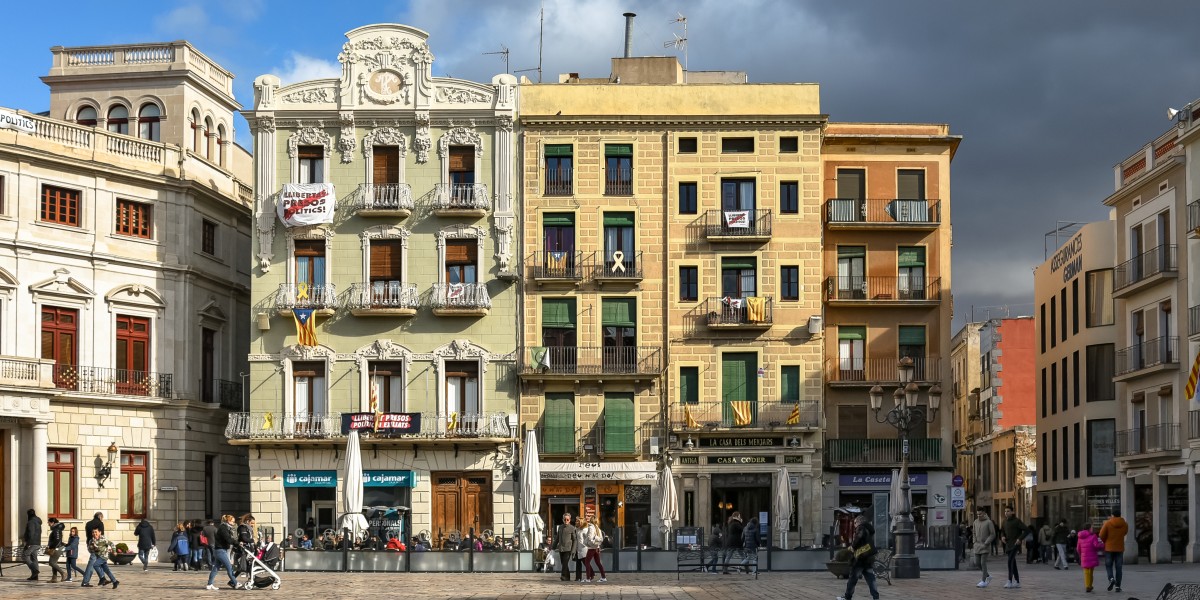
One of the big draws of Reus is just how manageable everyday expenses are. Basic utilities can cost around €100 per month, although this will vary depending on your housing and lifestyle. A decent meal out will set you back around €14, a beer costs roughly €3, and ordering a coffee at your local café is about €2.50.
Property in Reus
Property in Reus is getting more attention these days, thanks to the town’s value for money and increasing demand. Unlike bigger cities, you can still find comfortable flats and charming period homes at reasonable prices, whether you’re buying, renting, or just exploring your options.
As of April 2025, property prices in Reus averaged around €1,408 per m², with Ponent currently the priciest area in town. If you’re looking to rent, prices averaged €8.8 per m², so an 80m² apartment comes in at about €704 per month, making it a touch more affordable than the average prices you’ll find across the wider province of Tarragona.
How far is Reus from the beach?
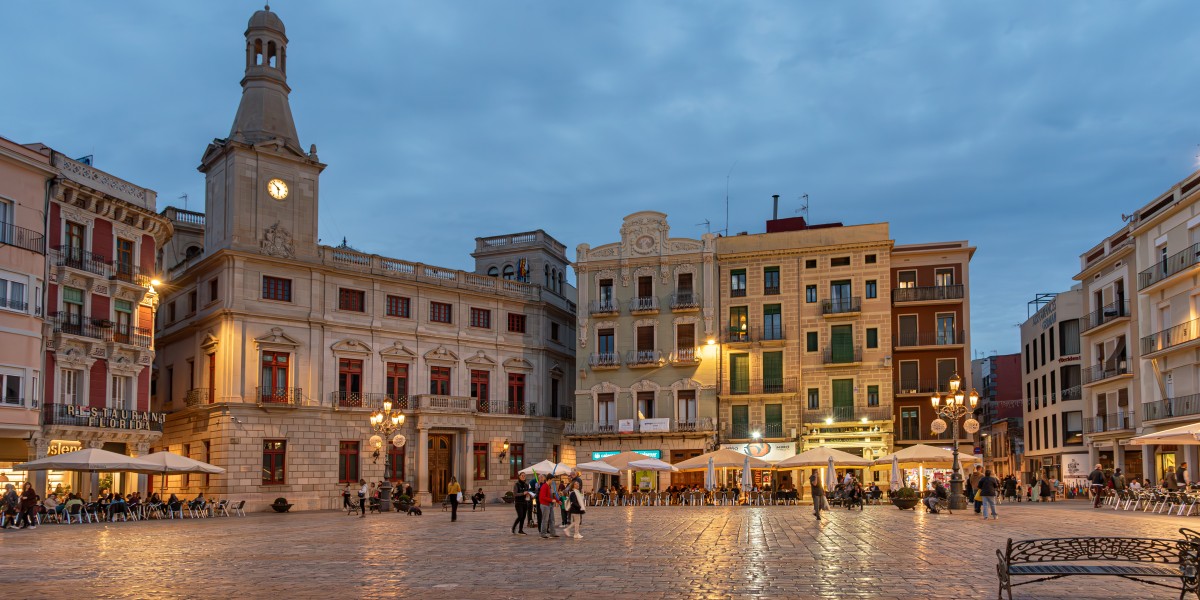
One of the best things about Reus is that you get the charm of an inland town but you’re never far from the sea breeze. Reus is about 12 kilometres from the nearest beaches on the Costa Dorada, with Ponent in Salou, Capellans and La Pineda all reachable within 15–20 minutes by car or bus. Frequent buses are whisking you down to the coast, so impromptu beach afternoons are absolutely on the cards.
Living in Reus vs Living in Barcelona
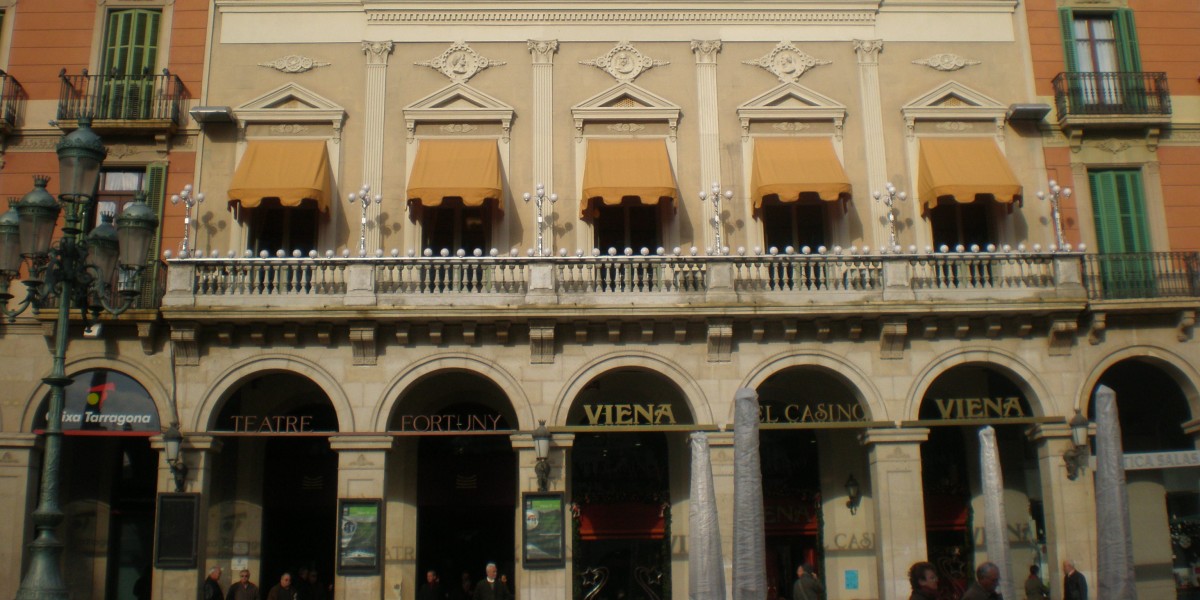
Reus offers a refreshing alternative to living in busy Barcelona—think of it as the best bits of Catalan life, just without the high prices and non-stop pace. While Barcelona is undeniably exciting, it’s also crowded, expensive, and can sometimes feel a little relentless. In comparison, Reus feels calmer and more liveable for many.
Living costs, from eating out to monthly rent, are far lower in Reus, and finding property is much easier on the pocket. The streets are quieter, there’s less hustle, and you’ll swap tourist-packed Rambla for sunny squares where everyone knows your name. Of course, Barcelona is just over an hour away by car if you need your big city fix, but Reus lets you enjoy community life, regional traditions, and a strong sense of belonging at your own pace.
Expats and community in Reus
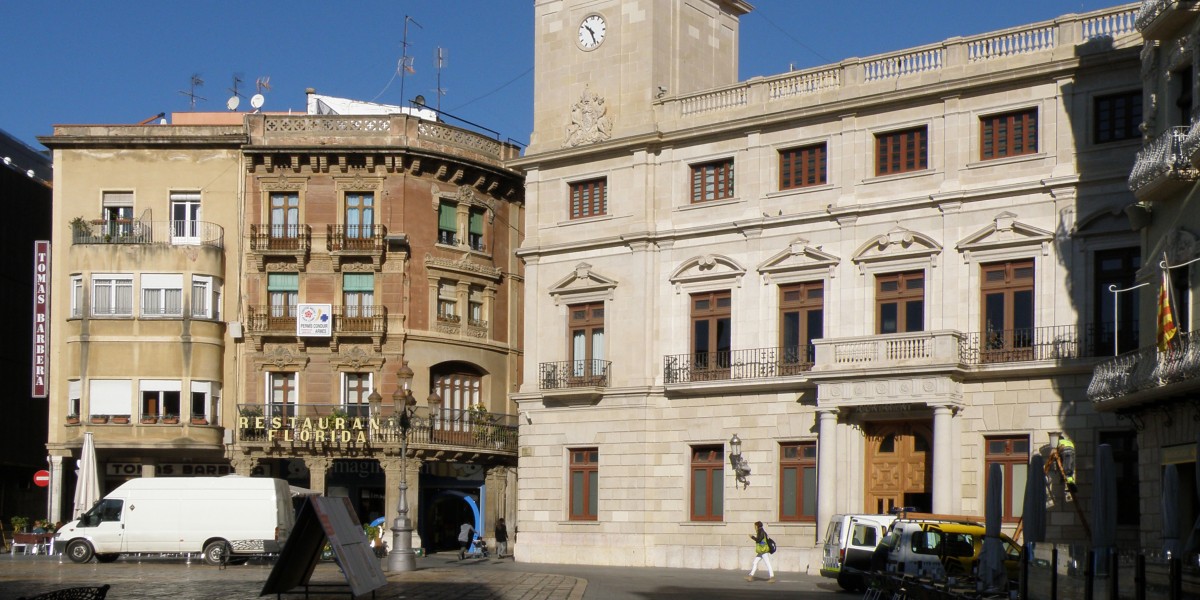
Although not as internationally known as its neighbour, Reus has a steadily growing expat community, with newcomers from across Europe settling here for its friendly feel and more affordable way of life. English isn’t as widely spoken as in tourist hotspots, but you’ll find locals happy to help you practice your Spanish (or even Catalan). You'll also find plenty of opportunities to connect—whether it’s at language exchanges, fitness classes, or sipping vermút on a terrace.
Some may believe Tarragona is full of Brits, or other foreigners, however, the expat population in Reus is definitely lower-key than in Costa Blanca or coastal Tarragona hotspots. You’ll find a good balance between local life and English-speaking neighbours, especially if you make the effort to get involved in community events or join hobby groups.
